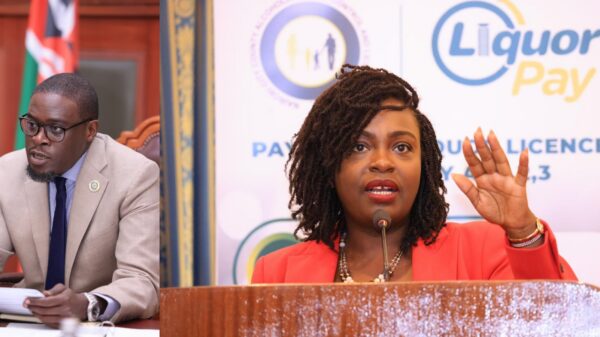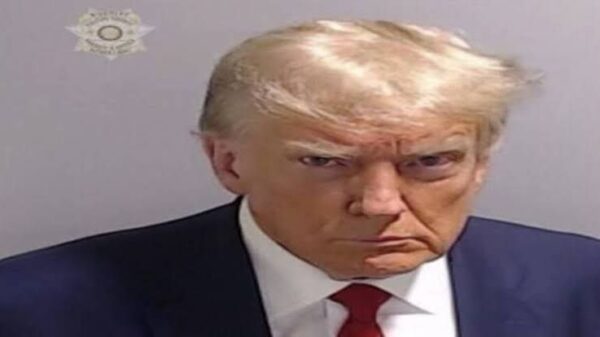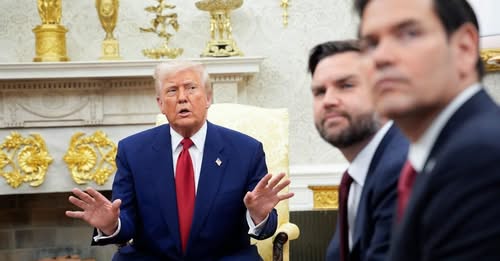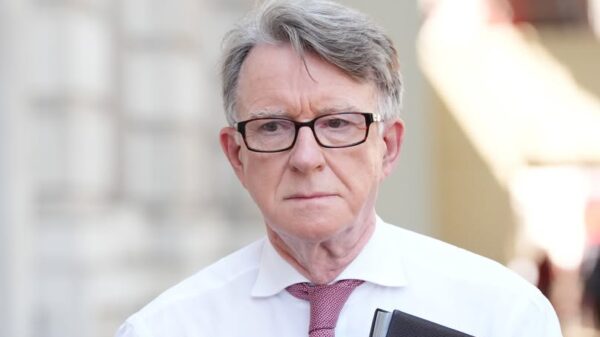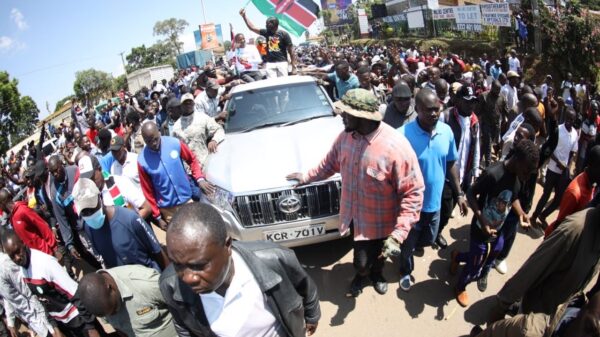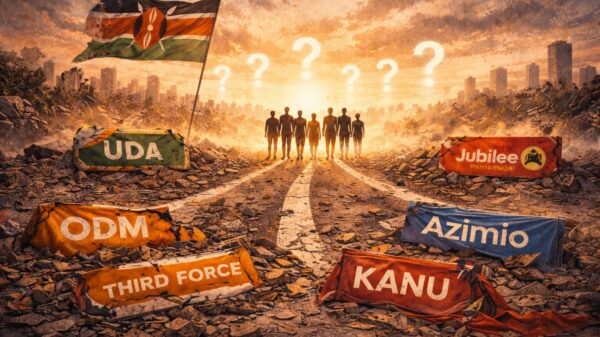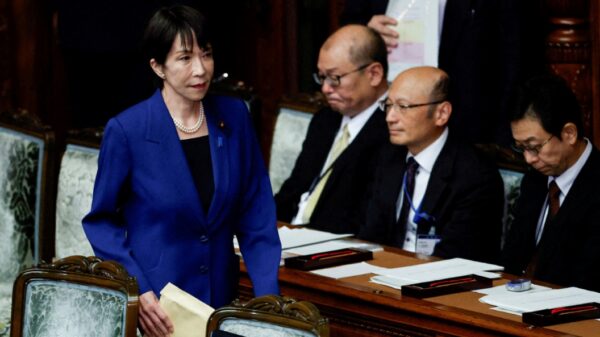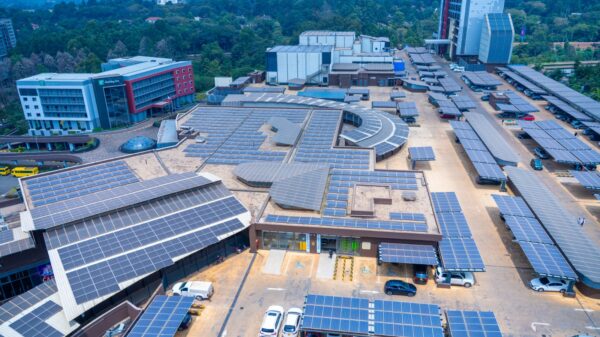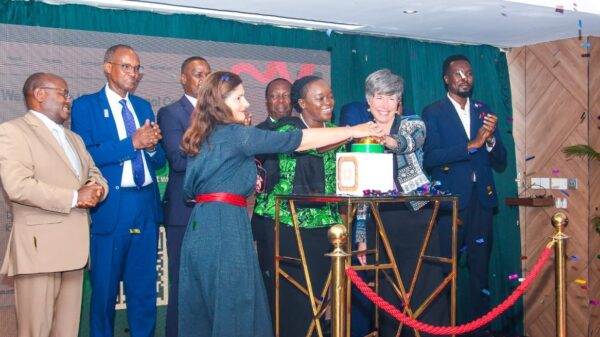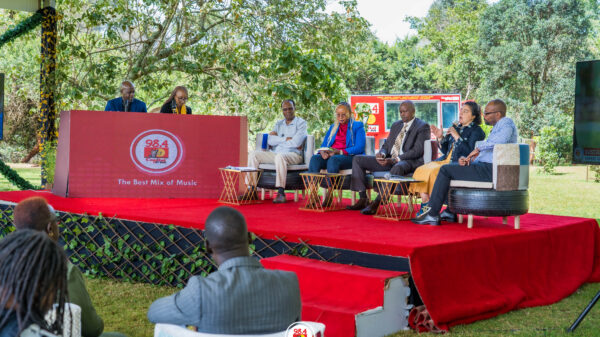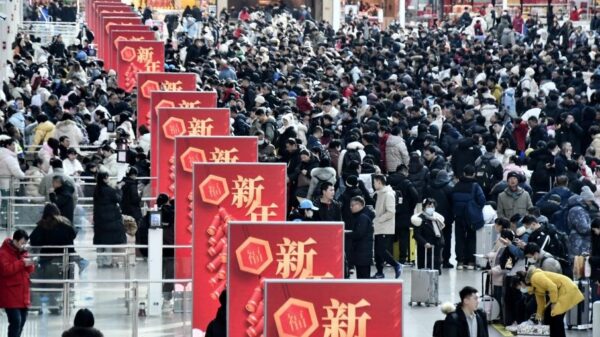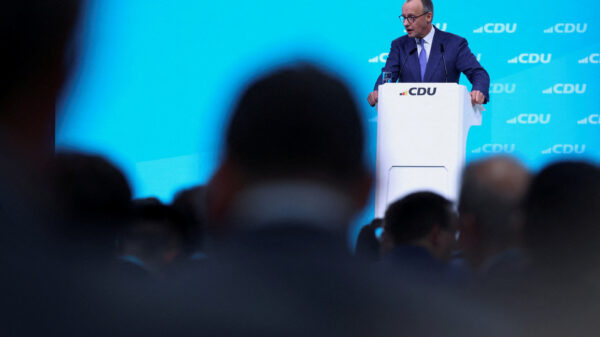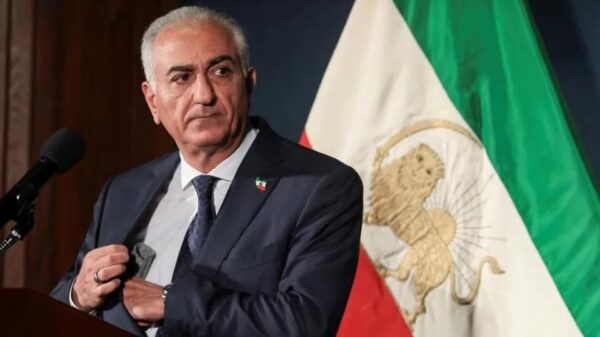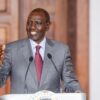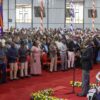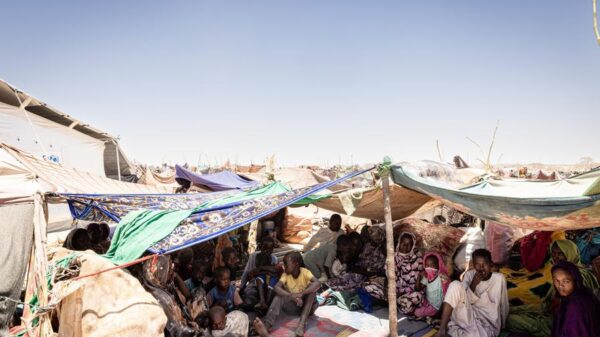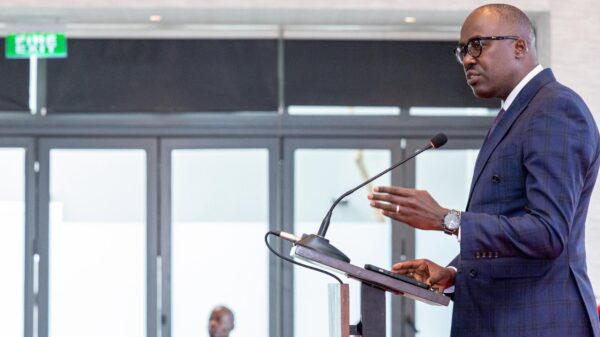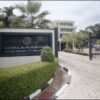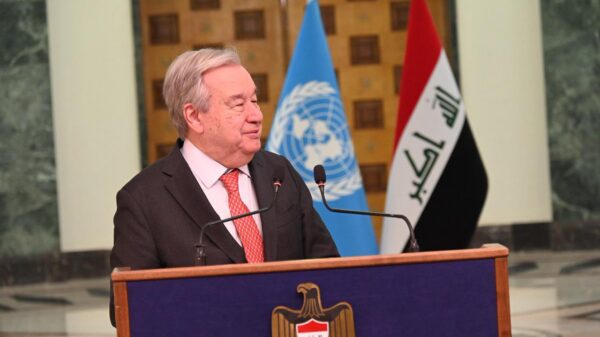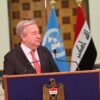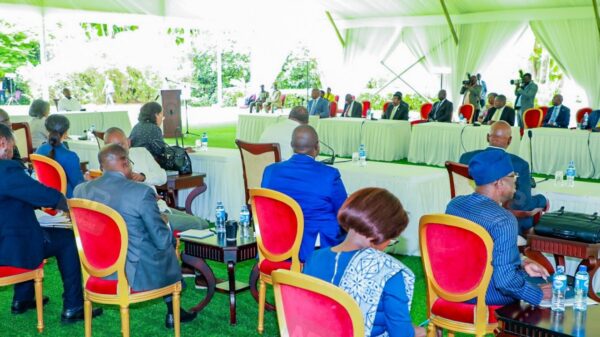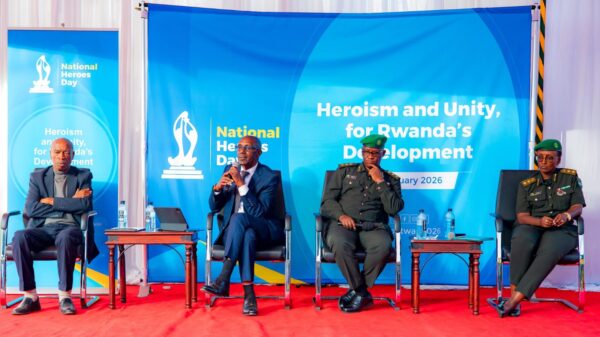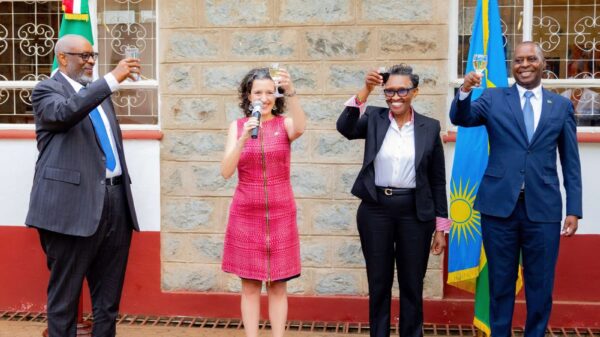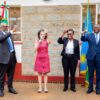NAIROBI, Kenya, Jan 8 — Rwanda has criticized the European Union, the United States, and other international actors for what it describes as “biased and simplistic” narratives regarding its alleged role in the recent M23 takeover of the Masisi territory in the Democratic Republic of Congo (DRC).
In a strongly worded statement, Rwanda’s Minister of Foreign Affairs and International Cooperation, Olivier Nduhungirehe, accused the West of failing to acknowledge key aspects of the conflict.
“It is disappointing to note that none of those statements recall the following facts,” Nduhungirehe stated, outlining a series of points he claims have been overlooked by the international community.
Nduhungirehe highlighted that much of the Masisi territory has been under the control of the FDLR, a rebel group composed of remnants of the perpetrators of the 1994 Rwandan Genocide.
He emphasized that these forces are foreign entities illegally occupying Congolese territory, yet their presence and actions have not drawn the same level of condemnation.
Nduhungirehe further argued that “at no time” have international actors condemned the persistent violations of Congolese land integrity, particularly against Congolese communities, including the Congolese Tutsi.
“It’s as if a Rwandan genocidal force is more legitimate on DRC soil than a Congolese community that the former tries to exterminate,” he asserted.
Mercenary involvement
The Minister also accused the international community of ignoring the involvement of European mercenaries in eastern DRC.
These mercenaries, he alleged, are supporting a coalition that includes the Congolese armed forces (FARDC), the FDLR, Nyatura militias, and other criminal groups, in violation of international law.
“Even the European Union and its member states, where these mercenaries come from, continue to remain silent and inactive on the criminal activities of these mercenaries,” he added.
Nduhungirehe criticized international actors for failing to address the root causes of the conflict, particularly the historical and systemic marginalization of Congolese Tutsi communities.
“Congolese communities of Rwandan heritage have existed for more than a century in the DRC due to colonial borders artificially drawn by current EU member states—the same states that never miss an opportunity to accuse a movement defending these communities,” he said, noting that the affected communities have remained “victims of hate speech, discrimination, and persecution.”
No ‘Handshakes’
The Minister also criticized the lack of emphasis on direct political dialogue between the DRC government and the M23 to resolve the crisis.
He argued that a durable solution requires addressing core issues, rather than relying on “quick fixes, blame games, or staged reconciliations.”
“Only a serious approach, taking into consideration the current persecution of the Congolese Tutsi and the security threats against Rwanda—as demonstrated by President Tshisekedi’s bellicose rhetoric—could significantly contribute to the restoration of peace in eastern DRC and the Great Lakes region,” he said.
Luanda Peace Process under threat: US
Commenting on the developments in Masisi, U.S. Department of State Spokesperson Mathew Miller condemned what he described as the “brazen” ceasefire violations in eastern DRC by the Rwanda-backed, U.S.- and UN-sanctioned M23 armed group.
Miller stated that the “continued advances by the M23, including the takeover of Masisi town this weekend, undermine efforts to achieve a negotiated peace in eastern DRC and harm and displace civilians in the area.”
He called on the M23 to cease hostilities and adhere to the ceasefire.
Miller reiterated Washington’s demand for Rwanda to withdraw all its military personnel and equipment from the DRC.
“To end the conflict and alleviate suffering, it is vital that both the DRC and Rwanda uphold their commitments to the Angola-mediated Luanda Process and ensure that the reinforced ad hoc verification mechanism becomes operational,” he said.
Echoing the U.S. sentiments, the EU urged Rwanda to end its cooperation with the M23 and withdraw its military forces from the DRC, stressing the importance of de-escalation.

